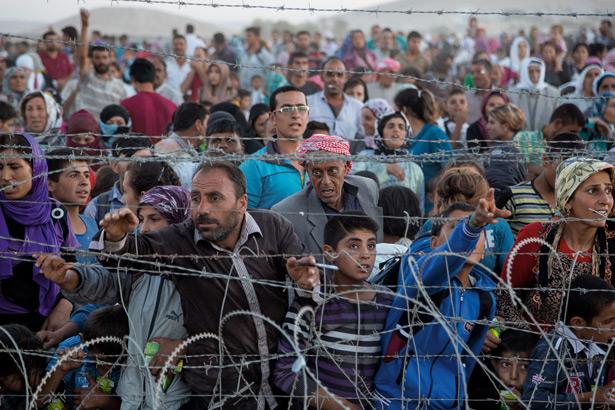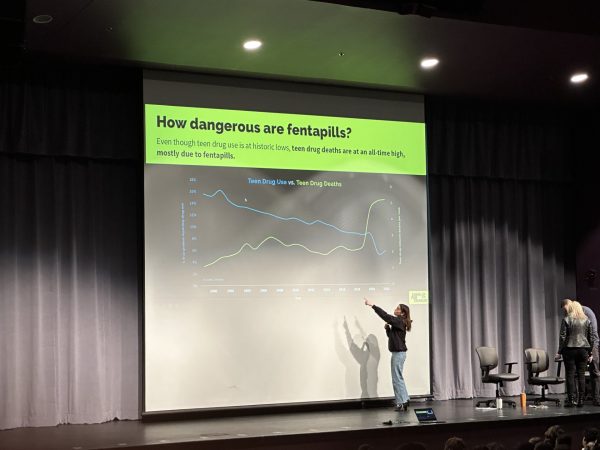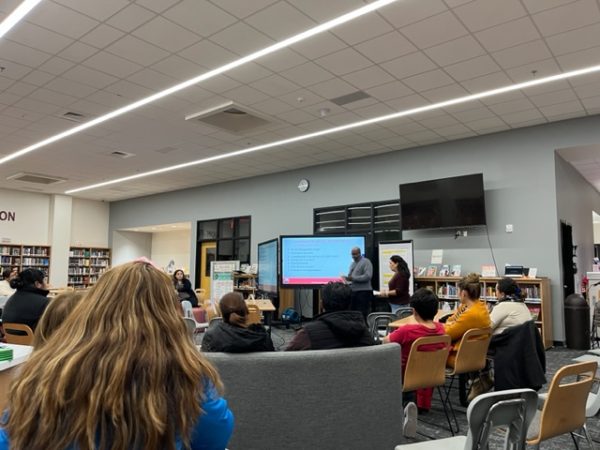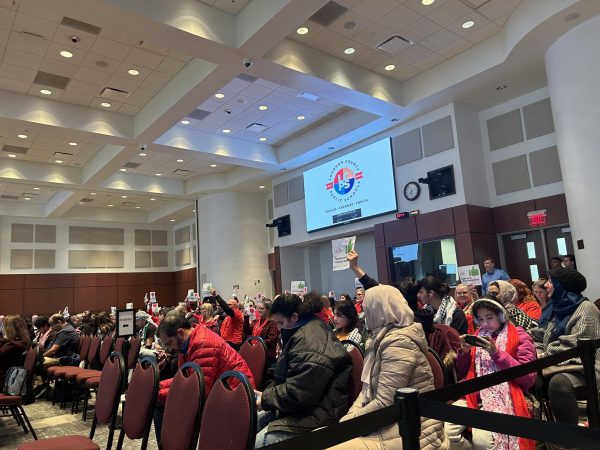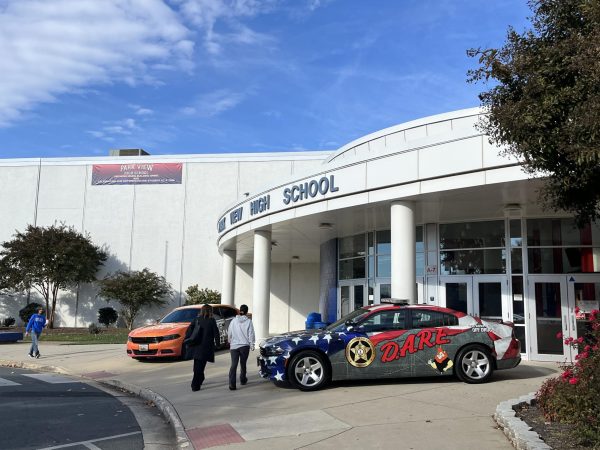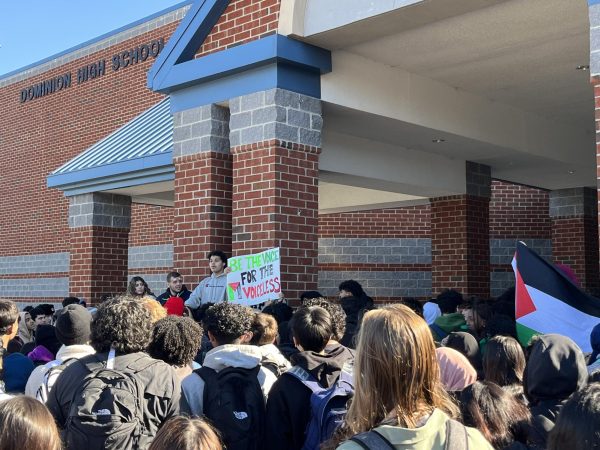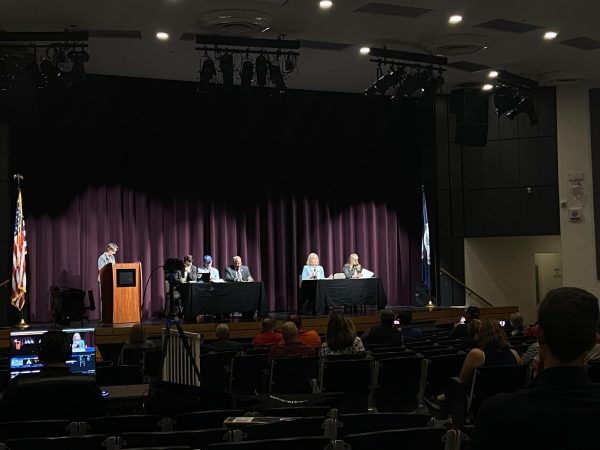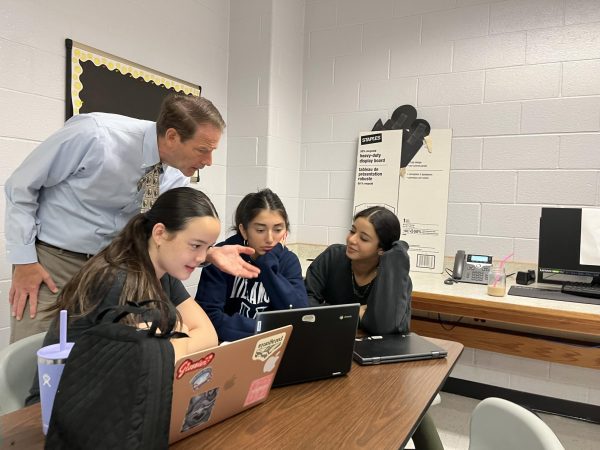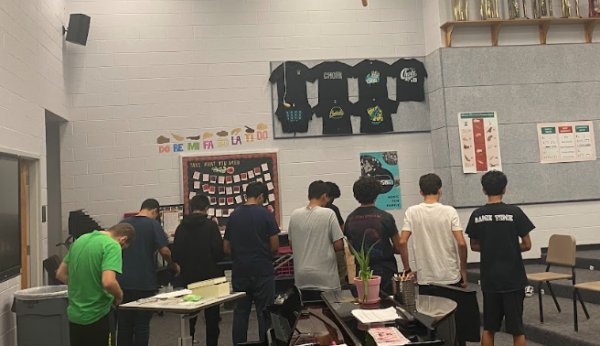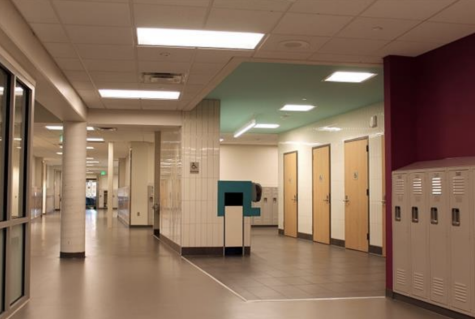It’s a Small World
The coordinated terror attack that occurred in Paris, France on Friday, November 13, 2015, changed not only the lives of 140 families, who lost a loved one, but of everyone residing in the Western world. The multifaceted shooting, which involved multiple execution-style killing sprees, was carried out by ISIS, the world’s foremost ‘Islamic’ terror group. The manner in which the shootings were carried out—in a café, in a concert hall—will change forever the face of Western security and has already inspired +conversation within the United States over potential changes to national safety protocols that may need to be made.
An unforeseen consequence of the Paris attacks is they stymieing effect it has had on the legalization of Syrian refugees fleeing to the United States. Prior to the shootings last Friday, the President and his administration had planned to allow 10,000 of those fleeing Syria inside the United States’ borders. When this plan was originally announced, it drew criticisms from right-wing activists who believed that by allowing the refugees the U.S. could not avoid adding terrorists to its ranks. Though such concerns were largely dismissed at the time, it has in the wake of the attacks become a growingly popular view.
35 governors and counting—both Democratic and Republican—have declared that they will shut their borders to Syrian refugees within their states. President Obama has condemned such actions, stating that the refugees are mostly mothers and children looking for safety from the very terror group that many believe they belong to. However, the President’s passiveness in the wake of the crisis has drawn criticism from both parties, and on Thursday the house passed a bill against his wishes to halt the entry of 10,000 Syrian refugees into the country.
The U.S. Presidential race too has changed course as a result of the occurrences in Paris—the Democratic debate, which was scheduled for the night after the shootings, focused largely on foreign policy matters that saw all three candidates struggle to different degrees. Across the aisle, many Republicans have utilized the attacks as an opportunity to showcase their foreign policy experience, with candidates such as Ted Cruz and Chris Christie promising crackdowns on immigration and the spread of terrorism. Conversely, top contenders Donald Trump and Ben Carson have been floundering—Trump has suggested Muslims within the United States be outfitted with identifying badges while Carson has characterized the refugees as ‘rabid dogs’.
ISIS attacks have been occurring with startling frequency all across the Middle East for far too long with far too little recognition. However, the attacks in Paris—a western country with significant economic and political ties to the United States—spurned a fear within the American people that may shift the course of both our domestic affairs and the Presidency.



